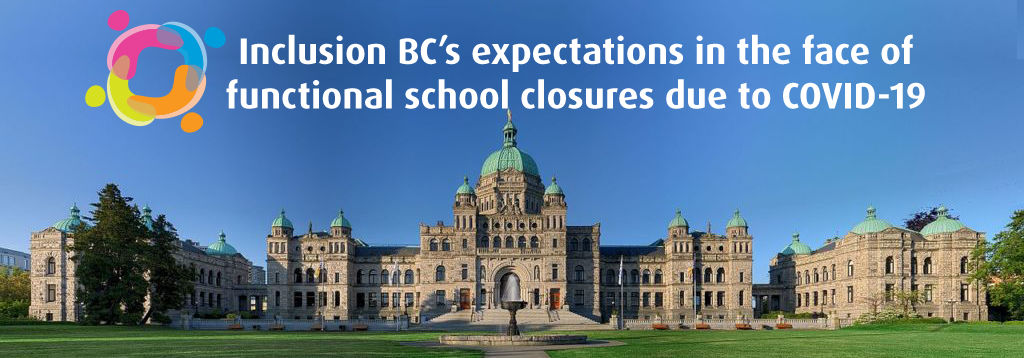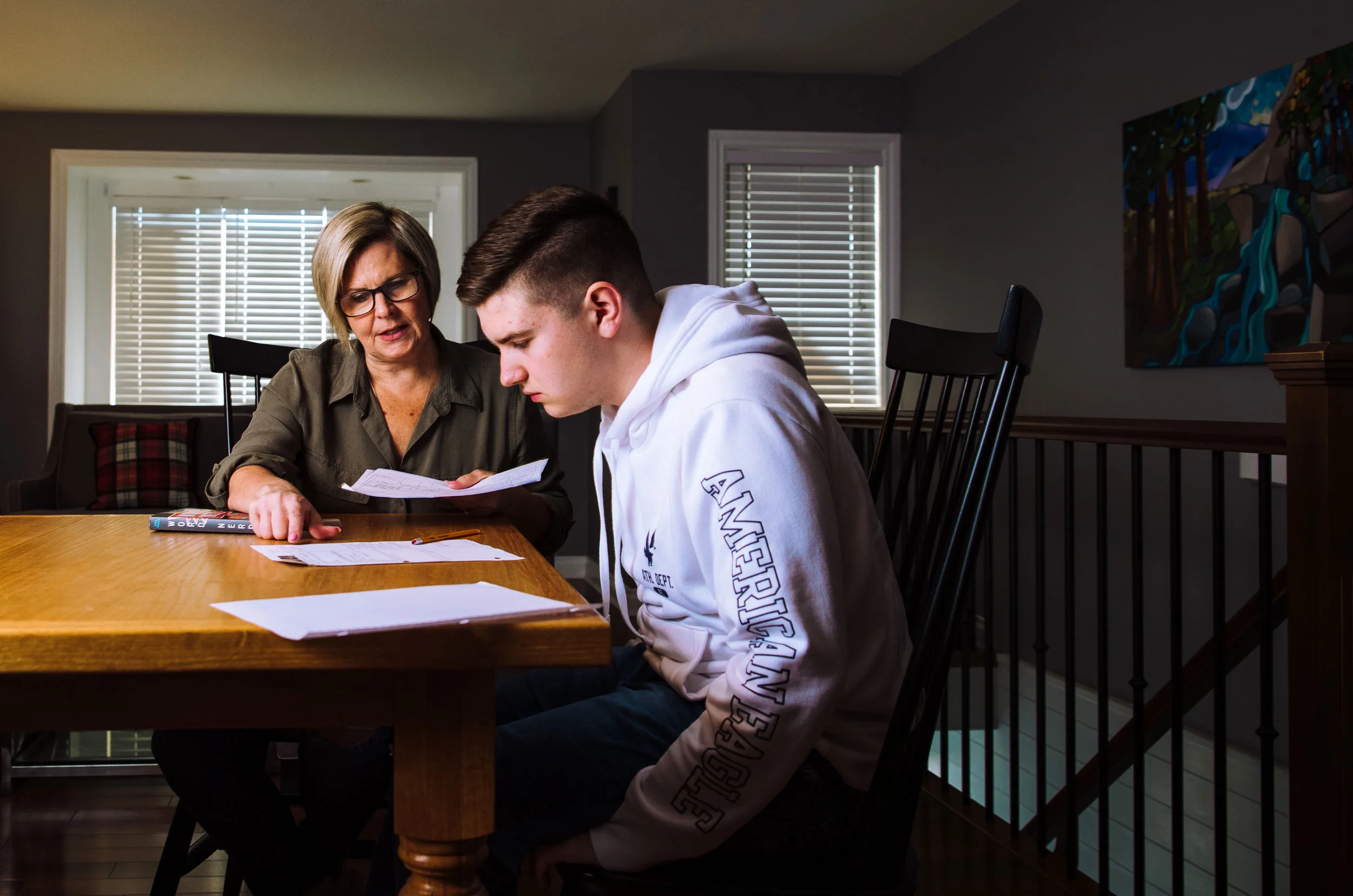Inclusion BC has been actively advocating within multiple sectors and systems for a disability lens applied to all Covid-19 pandemic responses.
The needs of children, youth, and adults with disabilities must be acknowledged, planned for, and responded to with accommodations that meet their needs and respect their human rights.
Teachers have expressed some concrete measures that would make it safer for all students and staff, including, provide high quality masks, enhance distancing, proper classroom ventilation, establish vaccine clinics at schools, and school-based notifications.
Families have constantly expressed to us they need clear information and good communication with their school teams. In the face of functional closures of schools across B.C. due to the effects of the Omicron variant, Inclusion BC expects strong, inclusive guidelines from the Ministry of Education and actions from School Districts across the province. Students with disabilities and students requiring additional support must be able to access their education on equal opportunity as their peers, and equity measures are needed for that.
- Proactively consider and plan for the individual needs of each student with an Individualized Education Plan (IEP) or Student Learning Plan (SLP) in collaboration with parents and caregivers. Reach out to families.
- Support families to identify the educational and social-emotional needs of their child and the supports needed to meet them to develop those plans.
- Give access to full-time, in-person instruction with consistent support if this is the best for the student.
- Discuss and plan with families which goals will be prioritized and what supports are needed based on the Individualized Education Plan or Student Learning Plan.
- Provide flexible/hybrid learning options with supports and accommodations for students with disabilities who can’t attend in-person.
- If learning from home,
- Ensure continuity of learning with the right accommodations and supports.
- Ensure students have access to technology and tech support.
We call on the government to build upon the work that has been done; most of these expectations were already addressed in the development of the Provincial Guidelines in 2020. The Ministry of Education needs to set up clear expectations for school districts to implement and that families can use to advocate for their children.



